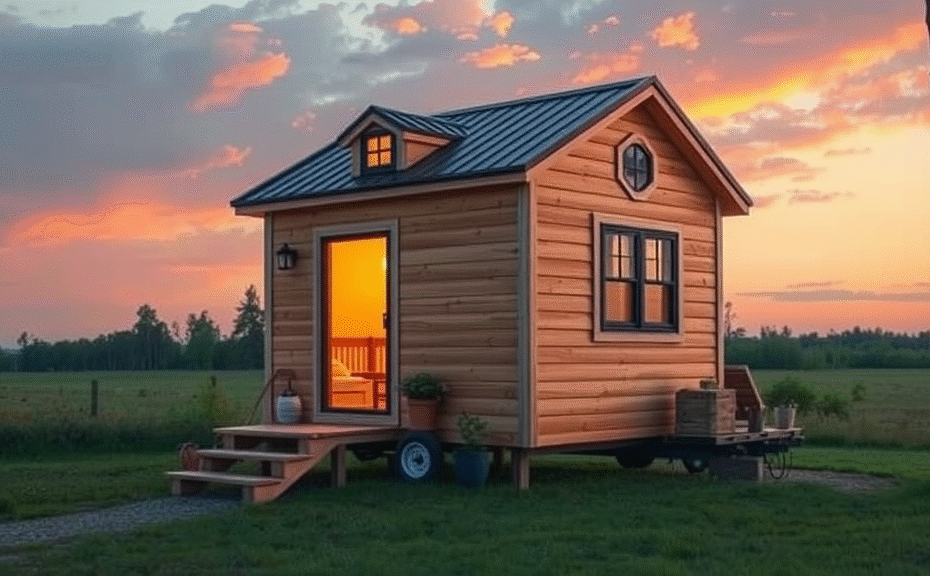Evaluating the Financial Benefits of Building a Tiny House
Building a tiny house can be a financially smart choice for many, especially when weighed against traditional housing expenses. The initial cost of constructing a tiny home is significantly lower than that of a standard house, often requiring less investment in materials and labor. This affordability allows homeowners to reduce mortgage debt or even avoid it altogether, resulting in long-term savings. Additionally, the lower property taxes and utility bills associated with smaller living spaces contribute further to cost efficiency. For those seeking a sustainable lifestyle without compromising financial stability, this makes the tiny house movement a compelling option.
The Impact on Lifestyle and Space Utilization
When considering if it is a wise investment to build a tiny house, lifestyle adjustments play a vital role. Tiny homes encourage minimalist living, helping owners declutter and focus on essentials. This change not only fosters a simpler, less stressful environment but also reduces ongoing maintenance costs. However, limited square footage may not suit everyone, especially families requiring more space or individuals who work from home. Potential buyers should carefully assess their space needs before deciding if embracing the tiny house lifestyle aligns with their personal and professional requirements.
Resale Value and Future Market Trends
Another factor influencing the decision about building a tiny house is its resale value. As the popularity of tiny houses grows, markets in urban areas and vacation spots show increased demand. Nevertheless, the niche appeal means resale might take longer compared to conventional homes, especially in areas with strict zoning laws or limited acceptance of tiny dwellings. Being aware of local regulations and market trends is crucial for maximizing return on investment, ensuring the tiny house remains a valuable asset over time.
Key Considerations Before Building
- Local zoning and building codes compliance
- Construction costs versus projected savings
- Personal space requirements and lifestyle compatibility
- Potential for property appreciation or depreciation
In summary, building a tiny house can be a wise investment for those prioritizing affordability, sustainability, and minimalism, but it requires thorough planning and realistic expectations about space and resale potential.
